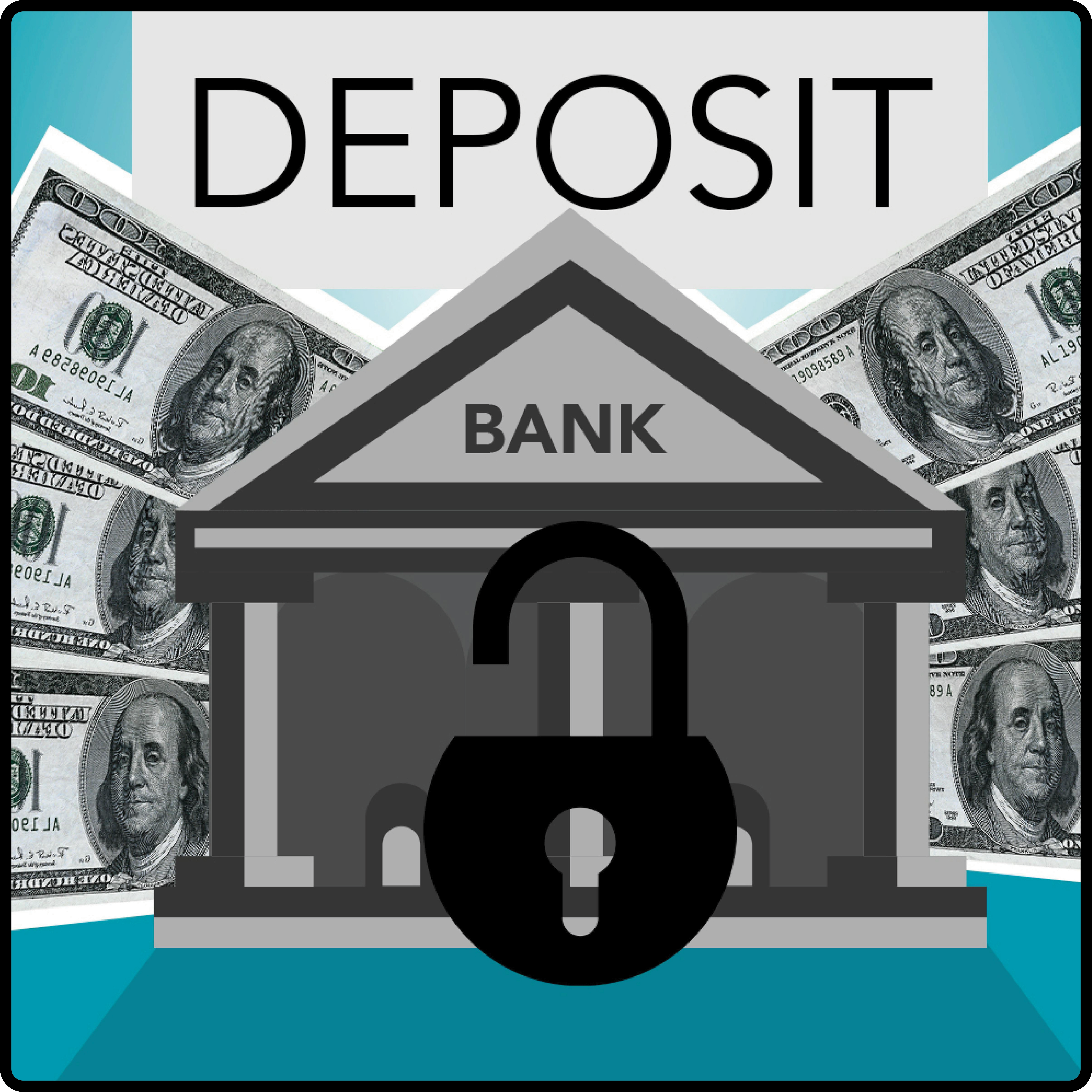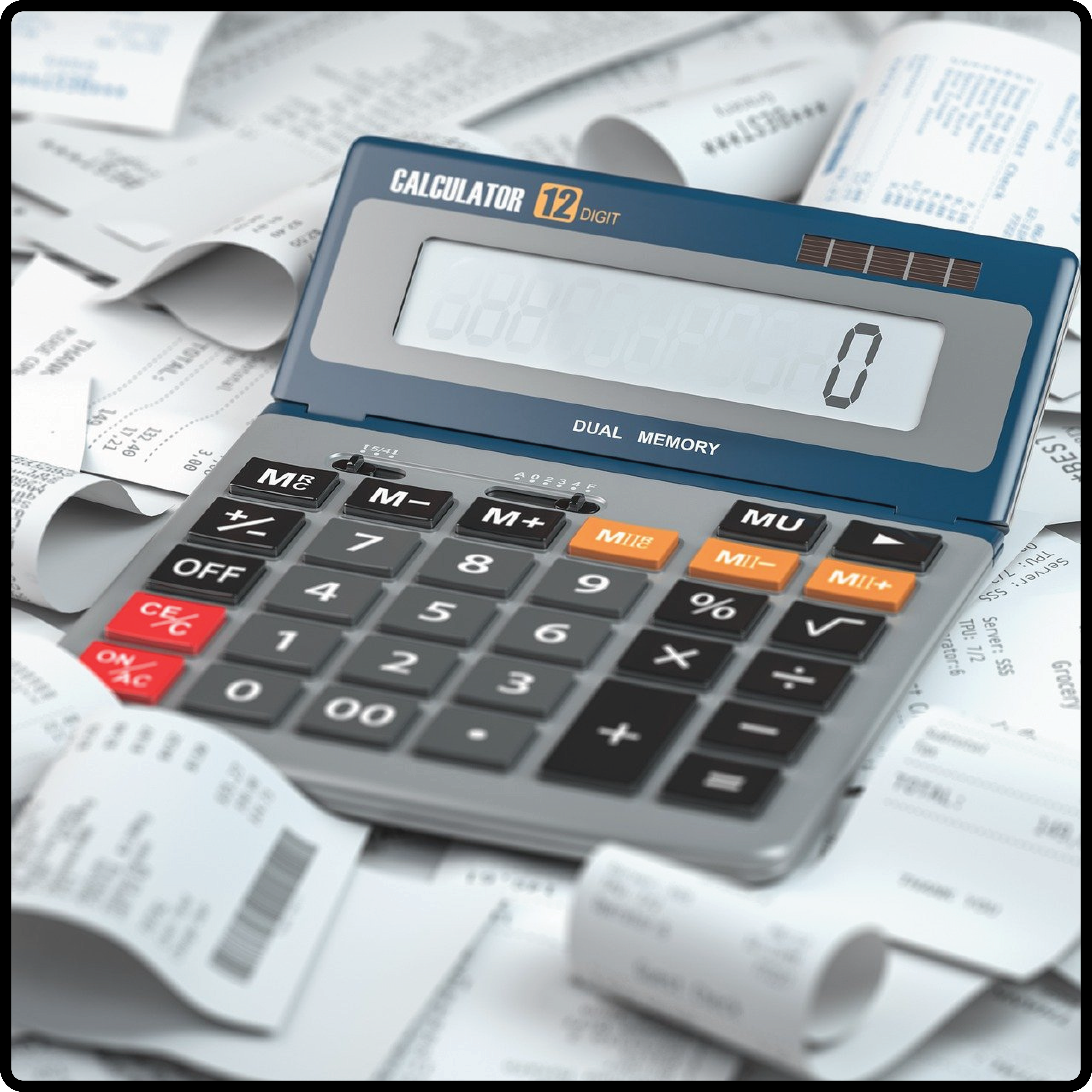All Library locations will be closed Monday, February 16 for Presidents Day.
At the library we offer information to help you manage your finances to achieve your financial goals, including websites and books on banking, budgeting, consumer protection, investing, applying to and funding higher education, and other financial topics.







